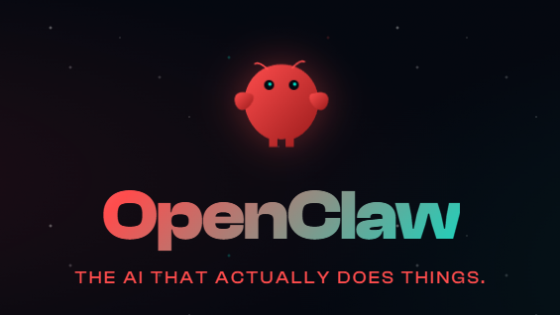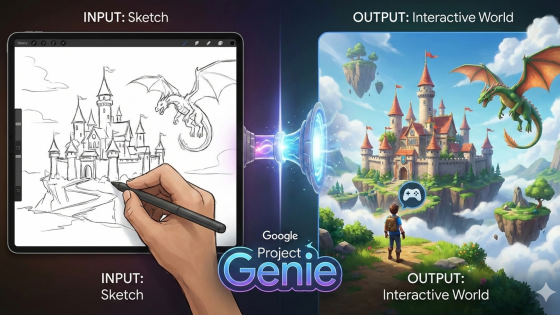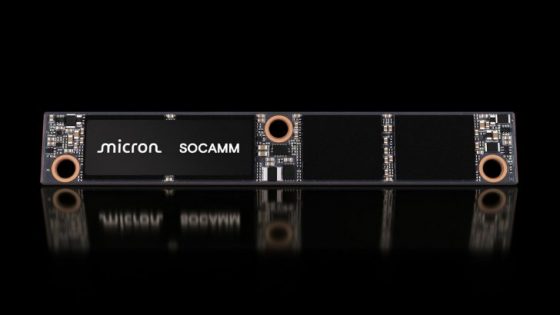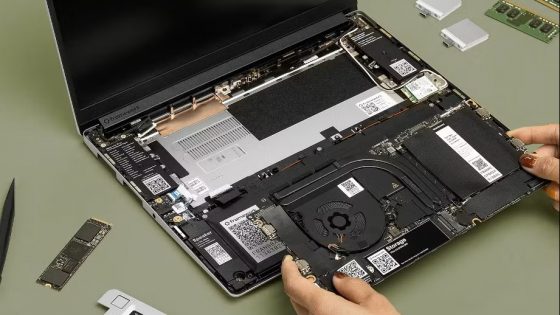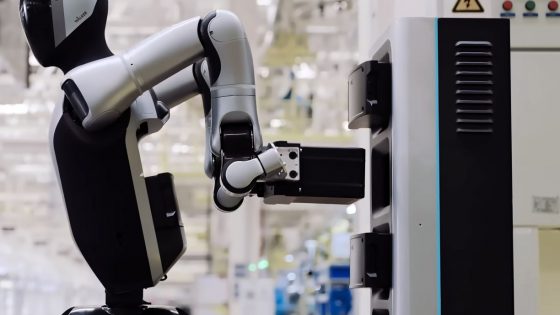Artificial intelligence is not really as popular as it seems
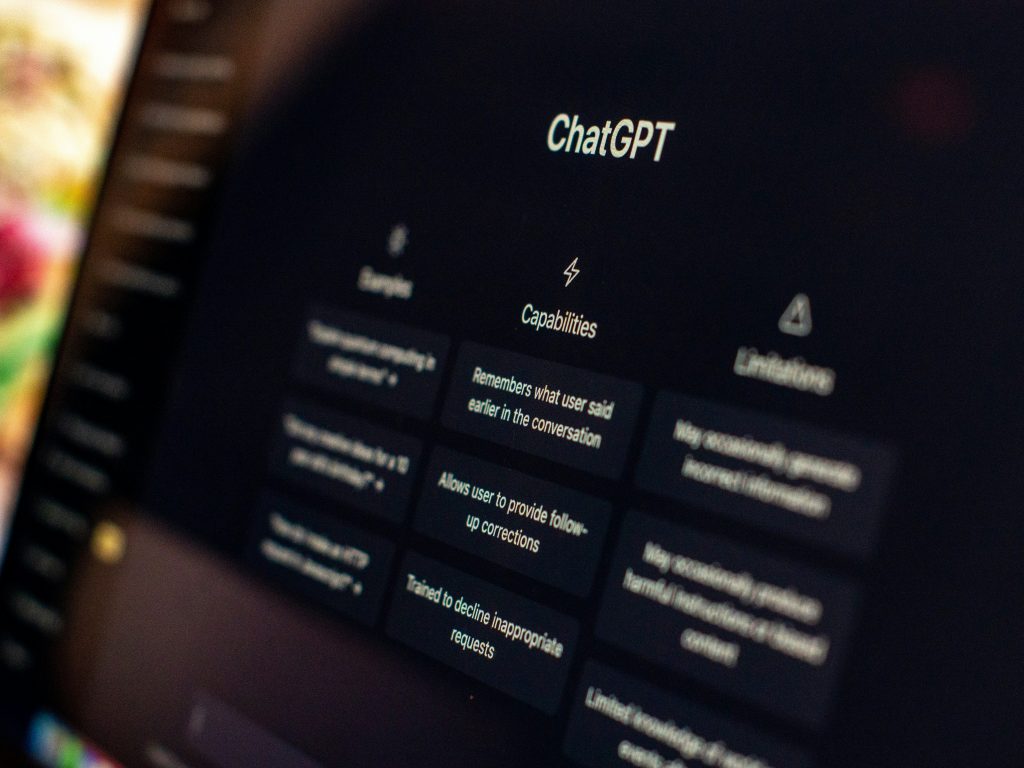
The latest study by the Reuters Institute and the University of Oxford reveals that only a small proportion of people regularly use artificial intelligence such as ChatGPT, with young people between the ages of 18 and 24 standing out. Despite huge investments and attention, artificial intelligence has not yet become part of the daily routine of the majority. The public, however, is quite pessimistic about its impact.
The study thus shows that only a handful of people actually use the much-vaunted artificial intelligence. 12,000 people from six countries took part in the research, and the most outstanding data is that in Great Britain, tools like ChatGPT are used on a daily basis by only 2 % participants.
Among the most regular or according to the data of the study, young people between the ages of 18 and 24 are considered intensive users. dr. Richard Fletcher, the lead author of the report, told the BBC that there was a big gap between public interest and hype around artificial intelligence.
The research focused on generative artificial intelligence tools. So to a new generation of products that respond to simple text commands with voice, image, audio or video responses.
Ever since November 2022, when generative AI broke into the public consciousness with ChatGPT, technology companies have been fighting for their place under the “artificial intelligence sun,” as you might say. Companies have invested billions of euros in developing their own AI tools, platforms, and systems.
Despite all the resources invested and attention paid, artificial intelligence has not yet become part of people's everyday use and routine. "Most of the public is not interested in generative artificial intelligence. 30 % people in the UK say they have never heard of the most famous products, including ChatGPT", adds Dr. Fletcher.
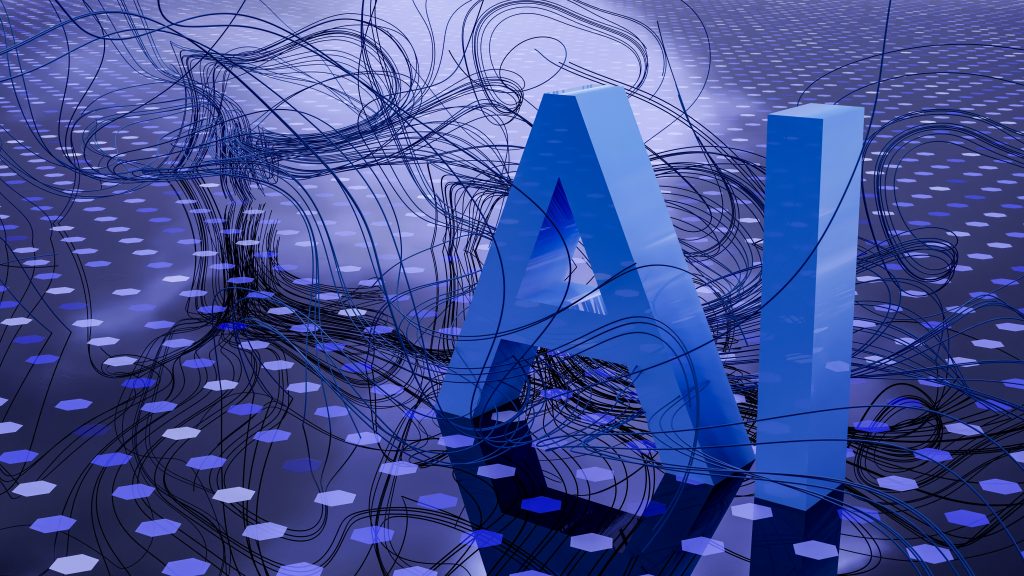
The new generation of artificial intelligence has also sparked a lot of intense public debates about what the effects of the technology in question will be. Optimists, of course, claim that it will provide economic growth, help discover revolutionary drugs, but on the other hand, pessimists go so far as to talk about a threat to humanity.
The researchers tried to comprehensively capture what the public thinks and found:
- most believe that artificial intelligence will have a major impact on society in the next five years, especially in the fields of news, media and science;
- most also expect generative AI to improve their lives;
- when asked whether generative artificial intelligence will make society better or worse, survey participants were more pessimistic.
“People's hopes and fears related to generative artificial intelligence depend largely on the sector", Dr. Fletcher told the BBC. "People are slightly more positive about the use of generative artificial intelligence in science and healthcare, while they are concerned about the use of this technology in journalism and the media. They are also concerned about the future of work, i.e. job security", he adds.
*The research findings are based on responses to an online questionnaire in six countries: Argentina, Denmark, France, Japan, the United Kingdom and the United States.



